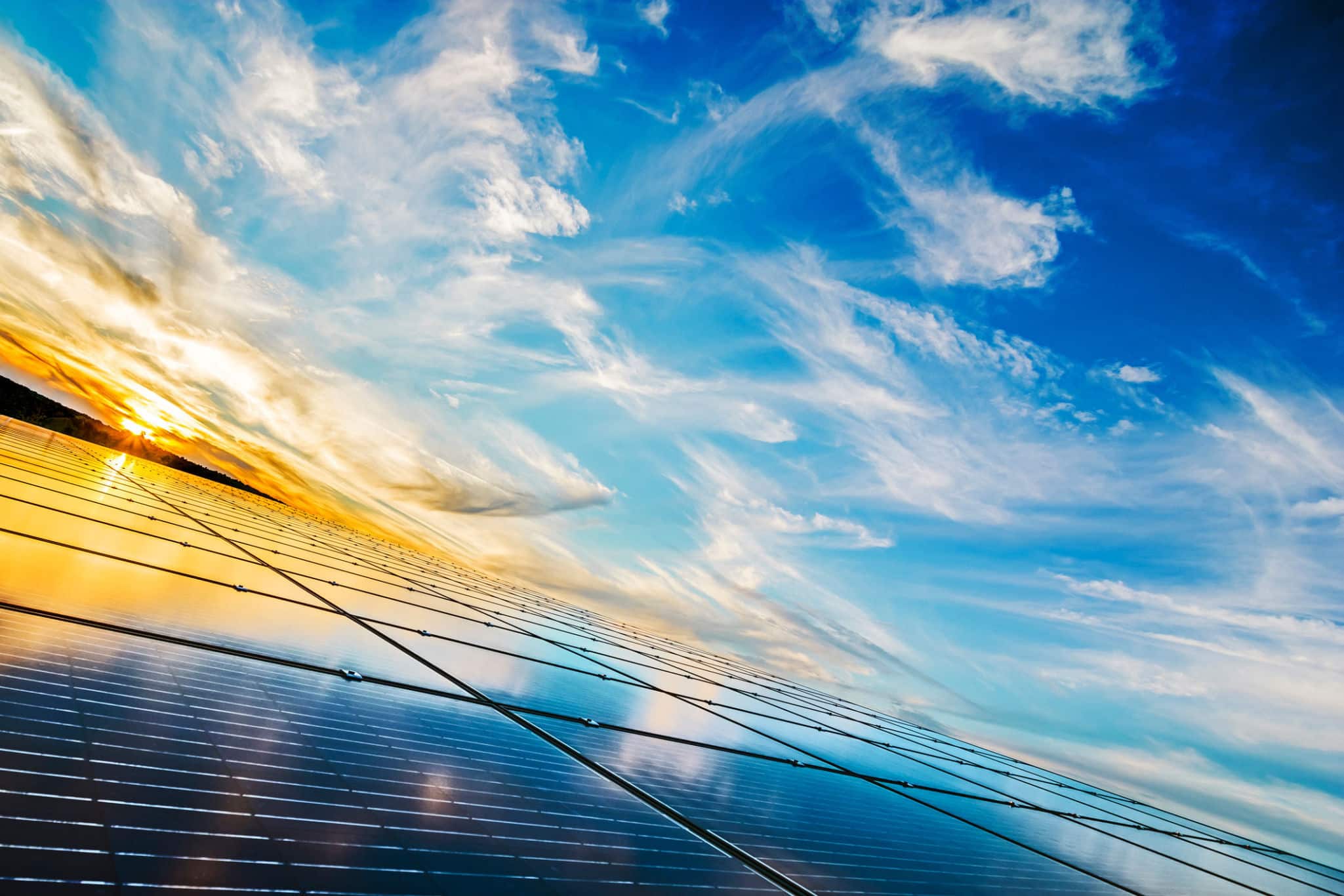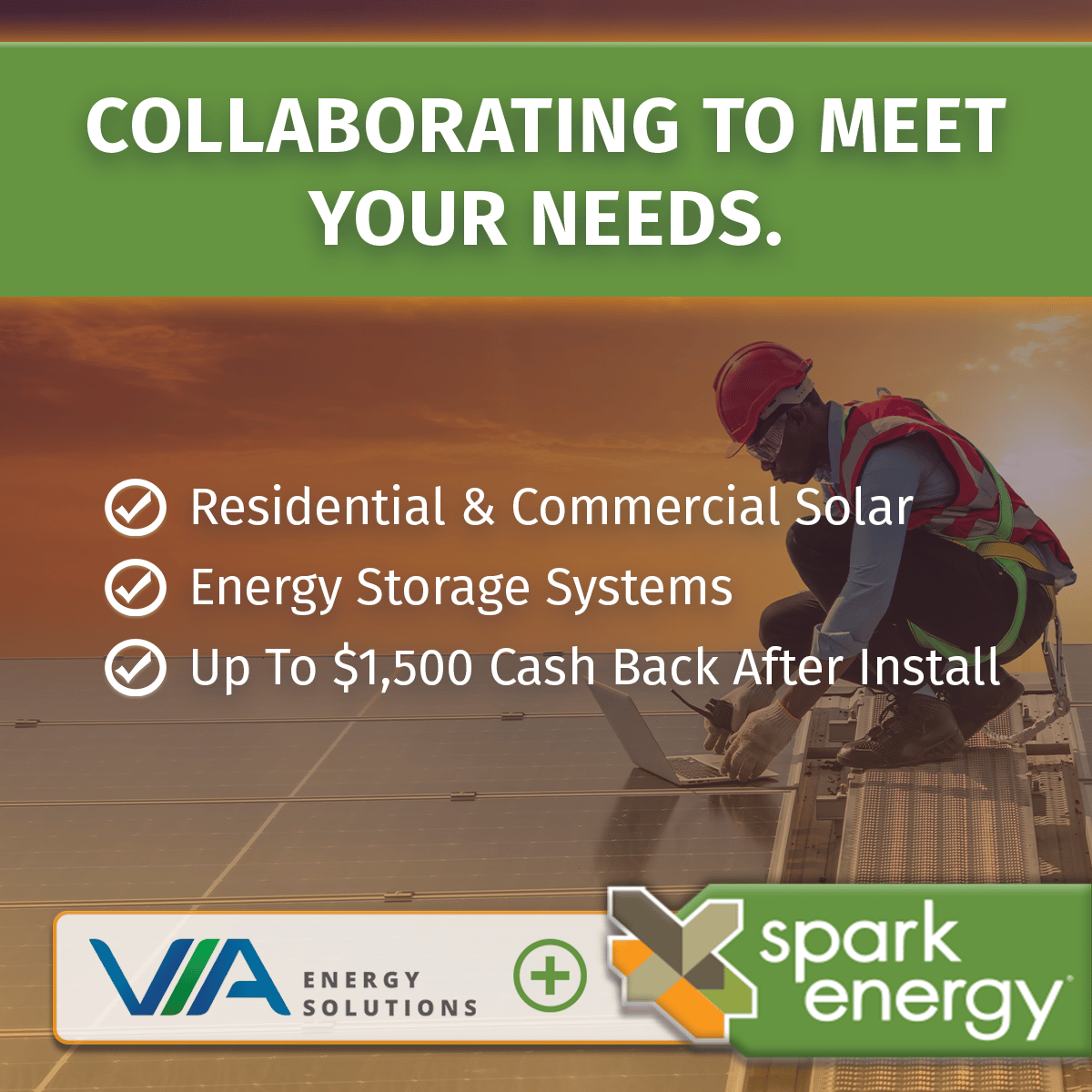How Solar Panels Work

Solar panels absorb the sun’s energy throughout the day and convert it into direct current (DC) electricity. Most homes and businesses run on alternating current (AC) electricity, so the DC electricity is then passed through an inverter to convert it to usable AC electricity. At that point, you either use the electricity in your house or send it back to the electric grid.
The amount of power your solar energy system can generate is dependent on sunlight. As a result, your solar panels will produce slightly less energy when the weather is cloudy, and no energy at night. However, because of high electricity costs and financial incentives, solar is a smart decision even if you live in a cloudy city.
When you install solar panels on your property, you will still be connected to the grid. This allows you to draw from the grid when your system is not producing all of the power that you need, and send power back to the grid when you produce more than you use. It is possible to go off the grid with a solar energy system that includes battery storage, but it will cost significantly more and is unnecessary for the majority of homeowners.
Unless your solar energy system includes battery storage and you are fully off the grid, you will still receive a bill from your utility. However, you can dramatically reduce your bill, or even cut the amount you owe to near $0, with a solar panel system that matches your energy use; there’s always a small utility bill for reading the meter and some delivery charges.
If your solar panel system is connected to the grid, it will shut off in the event of a blackout. This is to prevent emergency responders and electricity utility repair-people from being injured by your panels sending power back to the grid. However, there are certain inverters you can buy that provide backup power in a blackout when paired with a battery.
Solar panel systems are made of durable tempered glass and require little to no maintenance for the 25 to 35 years that they will generate power. In most cases, you don’t even need to clean your solar panels regularly. If something does happen, most equipment manufacturers include warranties, although warranty terms depend on the company.
SOLAR ENERGY |
Benefits of Solar |
How Solar Panels Work |
Solar Financing |
Ready for Solar? |



